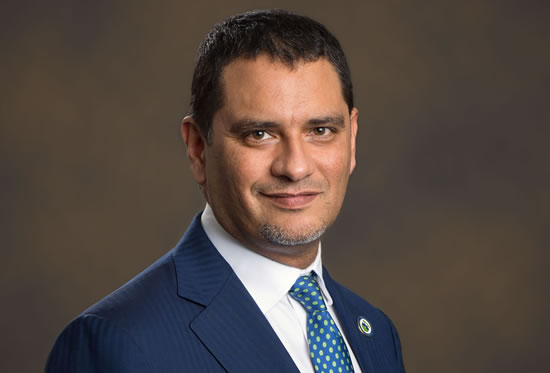GUEST EDITORIAL
New Challenges for Public Higher Ed Leaders
By José Luis Cruz, President, Herbert H. Lehman College Of The City University Of New York

President José Luis Cruz
This past year has been a challenging one for leaders in higher education, as a number of national opinion surveys revealed increased public skepticism about the value of a college degree. These sentiments closely tracked party affiliation, with Republicans casting the most doubt about the utility of higher education. But these surveys also showed increasing concern among registered Democrats, particularly about the rising cost of college and lukewarm employment prospects for new graduates.
Add to this the current administration’s calls to roll back protections that have prevented unsuspecting students from falling prey to unscrupulous for-profit colleges, and you find higher education leaders across the nation fighting a war on two fronts.
It’s up to us to convince the public — and our elected officials — that the nation’s future workforce needs education beyond high school to compete successfully in the global economy. We’ve witnessed how inaccurate perceptions can be weaponized to drive unfortunate policy decisions, so we must go on the offensive to win over an increasingly wary populace.
First, we need to do a better job demonstrating that college degrees and certificate programs lead to better life outcomes. Prospective students need to see that their investment of time, hard work and talent will not only lead to greater knowledge, but also to a rewarding job, promising career, and opportunities for additional study or training.
To this end, leaders must be quick to invest in programs designed to meet emerging workforce needs that are agnostic to traditional disciplinary boundaries. For example, at Lehman, students from a wide variety of majors are making themselves more marketable by obtaining a certificate in Augmented and Virtual Reality development.
Second, we must quell the concerns of those who believe that liberal arts programs are in conflict with conservative views. A Gallup survey reported that Republican voters believed that these programs didn’t allow students to think for themselves. To counter this, colleges must stress that one of the values of the college experience is to impart crucial critical thinking, information literacy and civic learning skills, all of which are highly marketable in the workplace.
Lastly, we must take on the herculean tasks of increasing completion rates and reducing time to degree – all while keeping costs down. Colleges must ensure that all students have a clear path to completion; otherwise, many will abandon their plans for the lure of an immediate paycheck. Too many young people are stuck in low-wage jobs because their colleges failed to offer the courses they needed to graduate on time.
We have much difficult work ahead of us, but ultimately, our students’ success is our success. They will be our most powerful advocates in the years ahead, and so our challenge is to make sure they view their college experience as a road that led to opportunity and economic mobility.#
